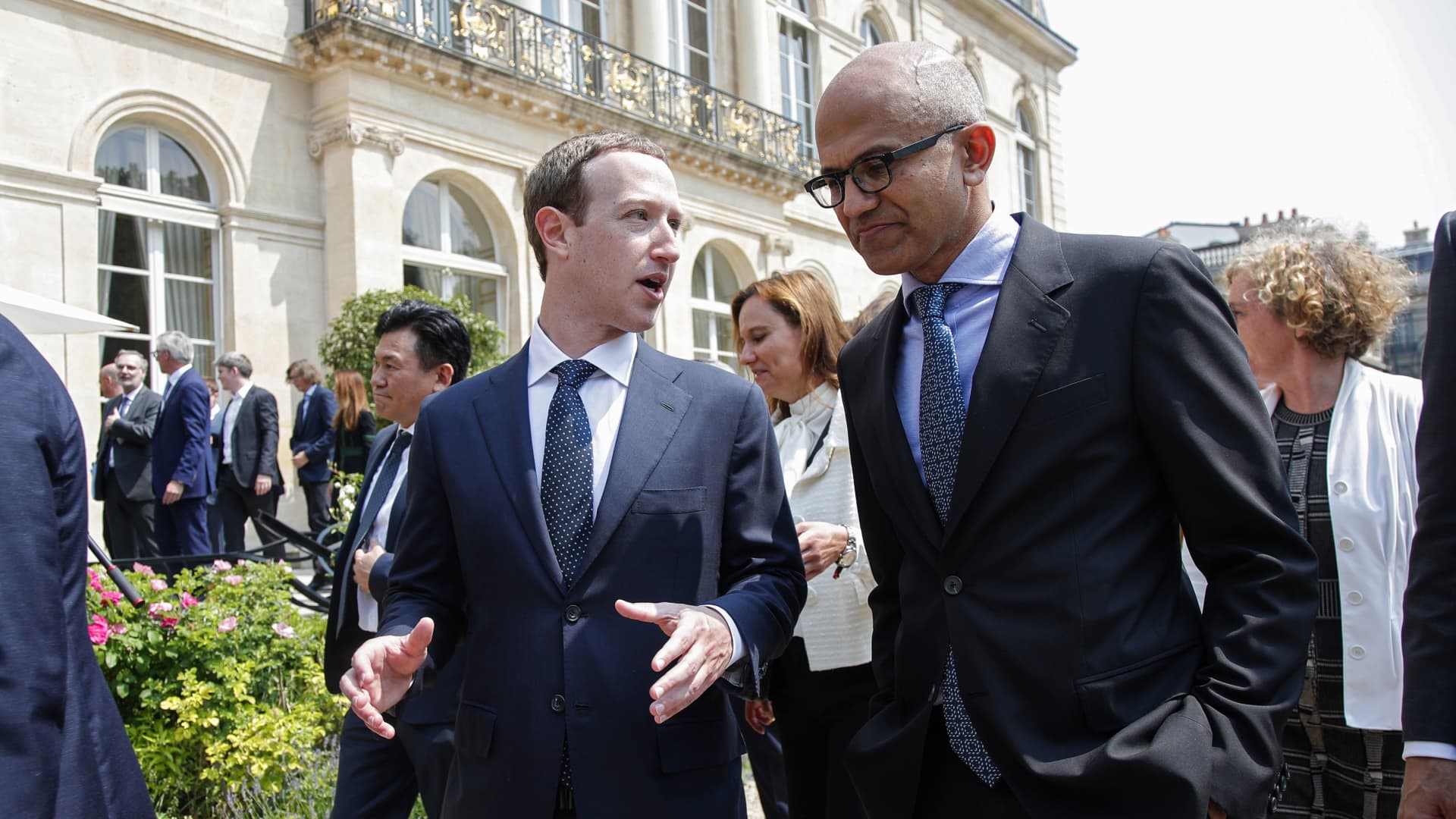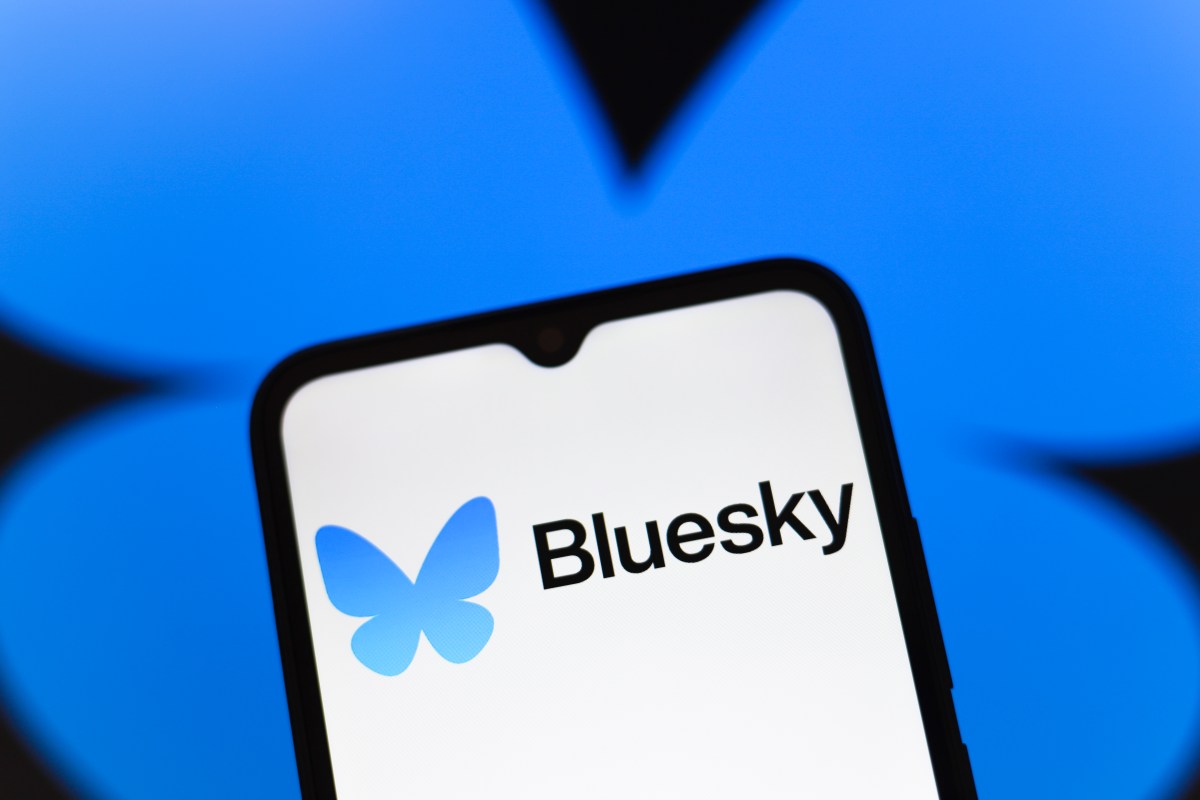AI's Coding Revolution: Microsoft Chief Reveals Stunning 30% of Code Now Machine-Generated
Technology
2025-04-30 01:33:37Content

In a groundbreaking revelation, Microsoft's CEO Satya Nadella unveiled an extraordinary milestone in the company's technological journey. During a recent statement, Nadella disclosed that artificial intelligence has now become a pivotal force in Microsoft's software development, with AI generating up to 30% of the company's source code.
This remarkable achievement underscores the rapid evolution of AI technologies and their transformative potential in the software engineering landscape. By leveraging advanced machine learning algorithms, Microsoft is demonstrating how artificial intelligence can significantly streamline and enhance the code writing process.
Nadella's announcement highlights the growing symbiosis between human developers and AI, suggesting a future where intelligent systems play an increasingly critical role in software creation. The milestone represents not just a technical breakthrough, but a glimpse into the future of collaborative innovation between human creativity and machine intelligence.
As AI continues to advance, Microsoft's approach signals a broader industry trend towards more intelligent, efficient, and adaptive software development methodologies.
AI's Coding Revolution: How Microsoft is Redefining Software Development
In the rapidly evolving landscape of technological innovation, artificial intelligence is transforming traditional software development paradigms, with tech giants like Microsoft leading the charge toward a more intelligent and automated programming ecosystem.The Future of Coding: Where Human Creativity Meets Machine Intelligence
The AI-Powered Transformation of Software Engineering
Microsoft's groundbreaking approach to software development represents a seismic shift in how technological solutions are conceptualized and implemented. By integrating advanced artificial intelligence capabilities into their coding processes, the company is pioneering a new era of computational efficiency and innovation. The integration of AI into code generation is not merely a technological experiment but a strategic revolution that promises to dramatically reshape the software development landscape. Sophisticated machine learning algorithms are now capable of understanding complex programming contexts, generating intricate code structures, and providing intelligent suggestions that significantly accelerate development cycles. These AI systems analyze vast repositories of existing code, learning patterns, best practices, and potential optimization strategies that human developers might overlook.Quantifying AI's Impact on Programming Productivity
The remarkable statistic that nearly 30% of Microsoft's code is now generated by artificial intelligence underscores a profound technological transformation. This milestone represents more than a numerical achievement; it symbolizes a fundamental reimagining of software creation processes. AI-driven coding tools are not replacing human programmers but augmenting their capabilities, enabling them to focus on more strategic, creative aspects of software design. By automating repetitive coding tasks and providing intelligent recommendations, these AI systems dramatically reduce development time and minimize potential human errors. Developers can now leverage machine intelligence to generate boilerplate code, implement standard functionalities, and even suggest innovative architectural approaches that might not be immediately apparent.Technological Implications and Industry Disruption
Microsoft's bold embrace of AI-generated code signals a broader industry trend toward more intelligent, adaptive software development methodologies. As machine learning algorithms become increasingly sophisticated, they are progressively bridging the gap between human creativity and computational efficiency. This symbiotic relationship between human programmers and AI systems represents a new frontier in technological innovation. The implications extend far beyond mere productivity gains. AI-powered coding tools are democratizing software development, making complex programming more accessible to individuals with varying levels of technical expertise. By providing intelligent guidance and automated solutions, these technologies are lowering barriers to entry and fostering a more inclusive technological ecosystem.Ethical Considerations and Future Challenges
While the potential of AI in software development is immense, it also raises critical ethical and practical considerations. Questions surrounding code quality, potential biases in AI-generated algorithms, and the long-term impact on human employment remain significant areas of ongoing research and debate. Microsoft and other technology leaders must navigate these complex challenges while maintaining a commitment to responsible innovation. The company's approach demonstrates a nuanced understanding that AI should complement, not replace, human intelligence. By positioning artificial intelligence as a collaborative tool rather than a competitive replacement, Microsoft is setting a progressive standard for technological integration that respects human creativity while embracing computational efficiency.RELATED NEWS
Technology

Scroll Speed Showdown: Instagram's Latest Feature Threatens Your Mental Focus
2025-03-28 08:01:41
Technology

Digital Revolt: Bluesky Users Clash Over AI Training and Data Privacy Frontiers
2025-03-15 17:50:18





